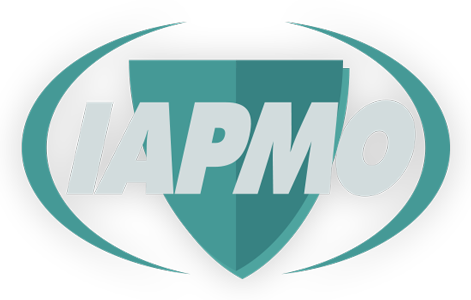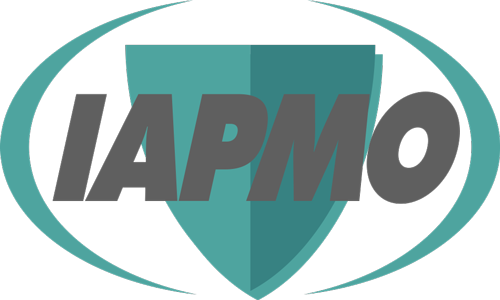A sad and startling truth is that even if the Biden Administration succeeds in funding and completing more than $100 billion in plumbing and drinking water infrastructure improvements, there will still be more than two million Americans lacking access to clean running water and flush toilets. Even worse, this number is increasing.
That is because there is no plumbing infrastructure to fix in many regions of the country, including the Navajo Nation in the Southwest where more than 30% of residents — an estimated 52,000 people — live without access to running water. Other notable regions include parts of Mississippi, Alabama, Appalachia, Puerto Rico and the California Central Valley.
Or as Randy Lorge, IAPMO Director of Workforce Training puts it: “It’s a slap in the face that here in my own country, people are experiencing these conditions.”
In other regions, water infrastructure exists but drinking water has been compromised following storm- and climate-related impacts, such as in Jackson, MI and Nome, TX. The pandemic has worsened the situation as local water utilities are struggling with massive budget shortfalls because they can’t collect fees from struggling families.
“The statistics are staggering,” said Jed Scheuermann, North America Projects Director for the International Water, Sanitation and Hygiene Foundation (IWSH), the non-profit arm of IAPMO.
“Clean drinking water is a basic human right.”
Scheuermann and Lorge are among the plumbing industry professionals helping communities to solve for that right with innovative solutions, some of which were developed for countries where plumbing infrastructure never existed.
“The truth is that modern and advanced plumbing infrastructure is unobtainable in many regions around the world, and this also includes parts of the US,” said Sean Kearney, IWSH managing director. “But — on the flipside — what we’ve learned through our international work can also help Americans, not only to overcome infrastructure challenges, but to also build plumbing resiliency into communities to protect public health and safety when disaster strikes.”
Basically, where the infrastructure bill stops, the plumbing industry begins. Some solutions are complex while others can be simpler solutions that plumbers can implement, assuming municipal leaders understand that they exist. Here are examples of both:
Portable Hand Washing Stations for the Navajo Nation
It’s hard to wash your hands when you don’t have plumbing.
So it was in the Navajo Nation where running water is scarce to non-existent. As infectious disease specialists exhorted us to practice frequent handwashing to fight the pandemic, the COVID-19 pandemic hit the Navajo Nation especially hard, with more than 30,400 cases and more than 1,200 deaths.
Using off-the-shelf components, IWSH and IAPMO plumbing professionals designed two portable hand-washing units about the size of an outdoor shed that can work in the freezing temperatures on the Colorado Plateau. One unit works in areas with available electricity while the second is designed to be “off the grid” with a built-in solar unit. After fine tuning by students at the Milwaukee School of Engineering, the first unit will be delivered to the Navajo Nation in June 2021 while plumbing apprentices and members of various UA Locals fabricate additional units that will be set up over the summer of 2021. Learn more from IAPMO Official Magazine.
Free Drinking Water Assessments in Nome, TX
Drinking water in Nome TX hasn’t been the same since Hurricane Harvey damaged the small town’s water supply.
UA Local 68 from Houston TX stepped up in Nome to offer free water assessments to identify possible simple fixes, such as filters or even just making adjustments to hot water heaters. “Safer Water for Nome” is a pilot program that included certifying plumbers to conduct water risk assessments–training that was funded by IAPMO, certified by ASSE International, and guided at grassroots level by IWSH.
“By educating and certifying our contractors and plumbers in water-quality risk-assessment programs, we can be the go-to option — and help lead the way — so that public, industrial and residential communities have good water-quality programs in place,” said Jeremy Pavlich, director of marketing and recruiting for UA Local 68.
The long-term goal of Safer Water for Nome is to blend philanthropy with job training to bring similar programs to other communities across Texas and beyond.
Building a Plumbing Economy to Support Plumbing Resiliency
Protecting public health and safety is the key benefit to all such initiatives, but another benefit is the job opportunities that plumbing resiliency brings to local communities. IAPMO and IWSH have partnered with DigDeep for three years on DigDeep’s Navajo Water Project which led to a new plumbing training course launching at Navajo Technical University this year.
“There is an equity piece of the equation when we look at the communities least likely to have access to clean drinking water,” said Dain Hansen, executive vice president of government relations for IAPMO. “From Flint Michigan to the Navajo Nation, it is communities of color who have borne the brunt of plumbing infrastructure challenges.
“Building safe plumbing systems and a plumbing economy at the same time improves the lives of individuals while delivering a major benefit to municipalities large and small across the US.”
“A lot of people have heard the saying, ‘the plumber protects the health of the nation,’ but it’s not always clear what that means, since so many of us never have to think twice about our drinking water and sanitation,” Scheuermann said.
“Know that those of us in the plumbing industry take that mission seriously and we constantly seek ways to make sure everyone has access to safe drinking water and sanitation. Safety belongs to everyone. Plumbers make it happen.”

